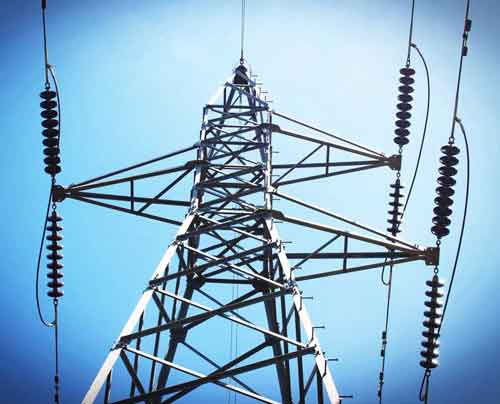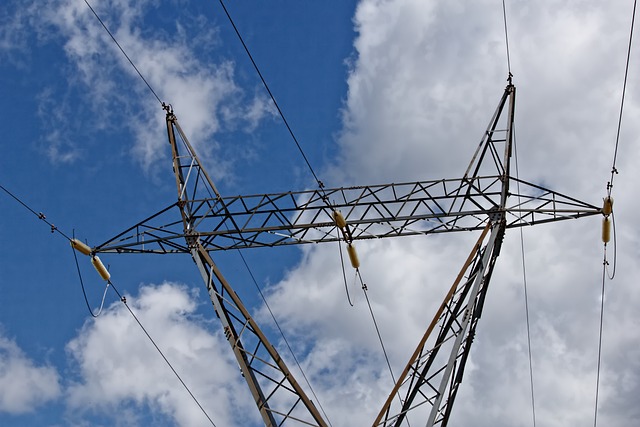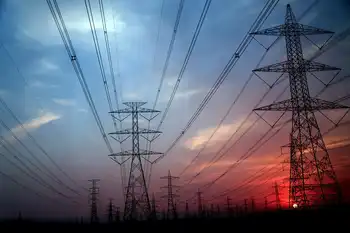Ohio light bulb fight offers lessons
Lesson No. 1: Avoid surprises.
Consumers went crazy in October when they learned what their power company, Akron-based FirstEnergy, planned to distribute energy-efficient light bulbs. The company proposed automatically mailing the bulbs to every customer, then tacking a surcharge that well exceeded the retail price of the bulbs onto electric bills.
"What was lost entirely on consumers was that compensating the company for lost revenue now forecloses a later possibility of having to pay for a new power plant," said Alan Schriber, chairman of the Public Utilities Commission of Ohio. "So you do save in the long run. That was never explained."
Anthony Rodriguez, a spokesman of the Ohio Consumers' Counsel representing ratepayers, said that office, and the offices of Gov. Ted Strickland and state lawmakers were flooded with protests.
The complaints highlighted Lesson No. 2: Consumers want choice.
Unlike sister Ohio utilities Duke Energy and American Electric Power, FirstEnergy opted to distribute its light bulbs in an ultimately efficient way — but one that didn't allow customers to play a role in the decision.
The low-energy compact fluorescent bulbs, or CFLs, were to be provided "free," whether a customer wanted them or not, and paid for with the bill charge off.
Duke and AEP chose a different route for their light bulb programs, working with local retail stores to accept discount vouchers that consumers can request or decline. So far, hundreds of thousands of bulbs have been sold through Duke's program and sales through AEP's program have topped 1 million bulbs.
"One of the big overarching things that we saw is that consumers don't want things forced down their throats, and that they want to have choice when it comes to how they're going to be more energy efficient," Rodriguez said. "We know electric companies are being asked to become more energy efficient, but there are a variety of ways to make this happen and a compact fluorescent light bulb is only one way to help consumers save money on their energy bills."
FirstEnergy and other Ohio utilities must find ways to reduce energy consumption by 22 percent by 2025.
In addition to low-energy light bulb offers, they are conducting residential energy usage audits, installing smart meters, hosting appliance recycling programs and offering simple educational reminders to switch off the lights, use window shades, insulate attics and substitute ceiling fans for air conditioning.
Company spokeswoman Ellen Raines said a decision Monday to give FirstEnergy until December 15 to file its new low-energy light bulb plan will allow the company to submit a host of energy efficiency initiatives all at once. She said the plan will bring FirstEnergy in line with other utilities in Ohio and elsewhere.
Lesson No. 3: Consumers are willing to do their part.
"Someday we'll have the ability to do things we can't do now," said Schriber. "We'll have water heaters that turn off overnight while we're sleeping, refrigerators that will shut down while they're not being used. This stuff doesn't have to be forced upon people. If people are educated that this stuff is offered, they'll gradually come around."
It was apparent at a hearing regarding FirstEnergy's light bulb program that negotiations between the utility and Ohio Consumers' Counsel Janine Migden-Ostrander had not been smooth. Tension reigned over what the parties had agreed to and FirstEnergy was sent back to the drawing board.
Which leads to Lesson No. 4: Consumers and utilities are going to have to work together to meet the new energy requirements.
"I think it's very clear that the goals are aggressive and we'll only be able to achieve them if we work together with our customers by providing programs and assistance that they want to help them meet their own goals for energy efficiency in their own homes," Raines said.
Rodriguez said he believes a better FirstEnergy light bulb program will emerge from the controversy. FirstEnergy, a survivor from the monopoly days of energy companies, is becoming more nimble and its customers, in turn, must throw away their fears, he said.
"Energy efficiency is not something that consumers should be afraid of, because the objective is really to help them out," he said. "It's not about rationing electricity as some have suggested. The goals are, one, to save them money and, two, to eliminate the need to build costly power plants that are going to cost billions of dollars."
Related News

Garbage Truck Crash Knocks Down Power Poles in Little Haiti
MIAMI - On January 16, 2025, a significant incident unfolded in Miami's Little Haiti neighborhood when a garbage truck collided with power lines, causing three power poles to collapse and resulting in widespread power outages and traffic disruptions.
Incident Details
Around 1:30 p.m., a garbage truck traveling west on Northeast 82nd Street toward Interstate 95 became entangled with overhead power lines. The truck's mechanical arms caught the lines, leading to the snapping of three power poles and plunging the area into darkness. Witnesses reported a loud boom followed by an immediate power outage. One local business owner described the event,…




